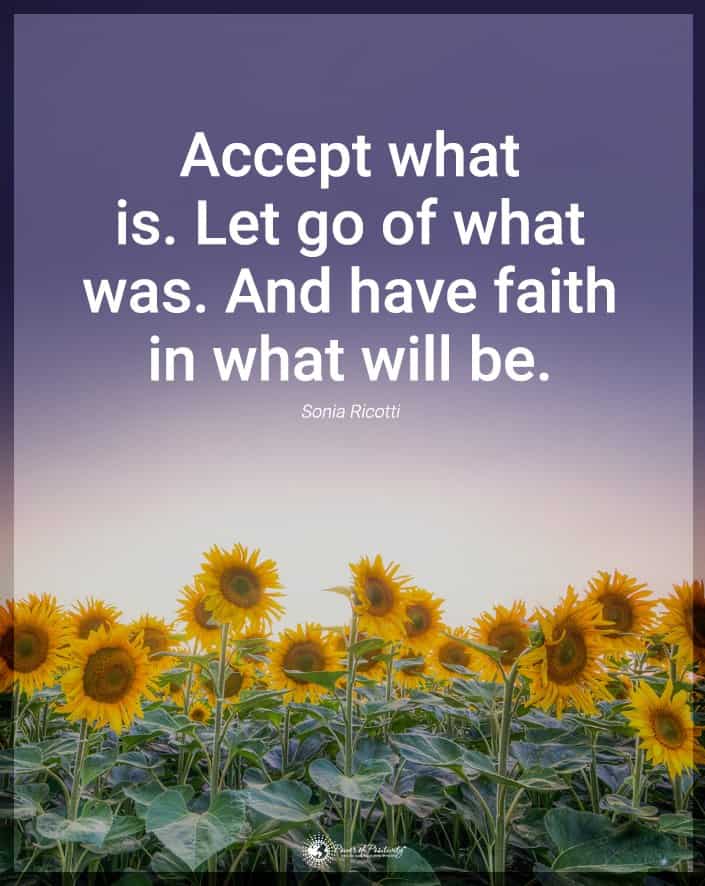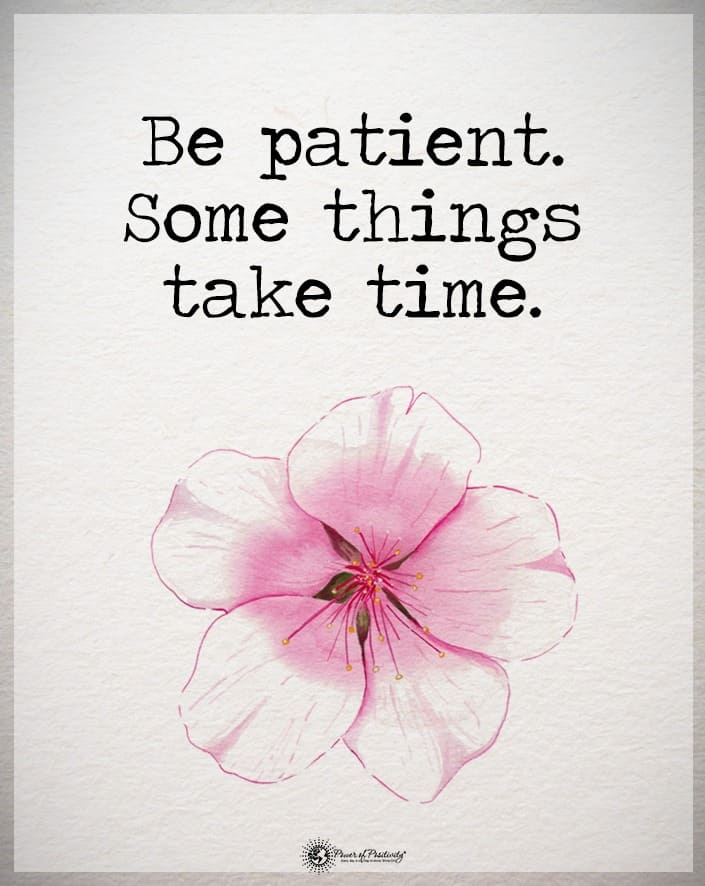It’s a part of the human condition to strive to be happier. When we see happy people around us, we want to feel what they feel and experience a similar joy. Deep down, this innate desire for happiness fuels us and motivates us in our lives. But for some, it can be challenging to find habits for happiness to discover that kind of inner joy and peace.
Luckily, a well-learned individual has some nuggets of wisdom on the field. Matthieu Ricard is a Buddhist monk who resides at Nepal’s Shechen Tennyi Dargyeling Monastery. He’s also a translator, photographer, and author and has a Ph.D. in molecular genetics. The French philanthropist is famously called the Happiest Man in the World – though he dislikes the moniker!
At a TED event in 2004, Ricard got on stage to discuss the concept of happiness and well-being. Joy is a subject he’s very much considered a bit of an expert in. During his talk, he revealed some fascinating insights into the human mind and train ourselves for happiness. And you don’t just need to take his bare word for it; he’s also gone on to public research papers on the topic.
So if you’ve ever wanted to improve or increase your happiness, you know who to ask! There are some great lessons we can take away from his informative talk, so strap in and open your mind. This article explains how a Buddhist monk reveals habits for happiness never to ignore.
1. Stop Looking Outside For Happiness
Many people look outside when they’re seeking happiness. There’s a subconscious process where you believe you’ll finally be happy if you have certain things and fulfill specific external requirements. For example, you might think:
- Items will be smooth sailing once I get a better job.
- Once I have my own house, I’ll finally be happy.
- I’ll feel so much better once I’ve made a few new friends.
There’s nothing inherently wrong with wanting better things in life. And it’s certainly not a stretch to know that living in a problematic situation can damage mental health in a way that affects happiness. Conditions of poverty, abusive homes, and other similar adverse environments aren’t what we’re talking about when looking outside for pleasure.
The Dangers Of Relying On External Influences Instead Of Internal Habits For Happiness
Instead, the concept of looking outside means staking your entire happiness on external factors. According to Ricard, this alone can already spell out the destruction of happiness. This outcome is because:
- The outside world is unpredictable and is often temporary. The only thing that can’t and won’t change is that the world will change. If you hinge your happiness on something so fickle, you can quickly lose that happiness.
- External factors in a checklist for happiness automatically create dissatisfaction. The second one of the desired factors isn’t in existence. You become unhappy. You’ll focus more and more on negative things even when there’s so much positivity around you.
- External factors don’t guarantee happiness. You’ve likely seen numerous wealthy individuals discuss their struggles with mental health and depression, for example. Accumulating outside accomplishments and objects isn’t a good habit for happiness.
This is why many habits for happiness necessitate internal work. It would help if you built a strong foundation within yourself geared towards positivity. When the core of your being is joyful, then you’ll find that joy no matter what is going on externally!
2. Strengthen The Consciousness Of Your Emotions
Any change that is desired must be born from awareness or consciousness. Simply put, you cannot change things you’re not entirely aware of. If you are in denial about these truths, you push them away and never address them. This is why many habits for happiness rely on training heightened emotional consciousness and intelligence.
Ricard describes consciousness as an unmodified and untainted mirror, allowing actual images to arise in them. This means that the mirror only displays what is seen without altering negative emotions like jealousy, hatred, and selfishness. It simply reflects what is presented to it in its most accurate form.
As such, the consciousness of your emotions is a way to view your feelings in a validating but detached way. Your senses come and go, and your consciousness allows you to view them as witnesses and bystanders. You see and understand what they are in their plainest forms, without the pains of bias and negativity.
One great example of this is anger. When you’re in a moment of anger, it can feel like a powerful, overwhelming storm. But when you allow yourself to take a step back and view a situation with objectivity and an open mind, it suddenly seems much more manageable. You may still be upset, but you’re able to navigate in a much more productive and helpful way.
You can develop a more vital consciousness of your emotions using some of these habits for happiness:
· Name and Identify Emotions
Labeling emotions allows us to bring that metaphorical mirror up in front of them. It gives you the chance to stop yourself from blindly reacting to each feeling. You can even excuse yourself and take a few moments to correctly identify your emotions and choose your responses to them wisely, calmly, and logically.
· Express How You Feel
Once you know how to label and identify your emotions, you can also express them healthily. Studies indicate that those who can effectively articulate thoughts and feelings have higher self-efficacy and emotional intelligence. This allows for improved communication and social relationships.
· Challenge Your Thoughts When Building Better Habits For Happiness
While you should undoubtedly validate your feelings, you must also examine them, the roots behind them, and the thoughts born from them. Ask yourself questions about your feelings to determine where they come from. Ask further questions to evaluate your subsequent responses to them. Some questions to ask are “How would I have felt in their place?”, “What triggered this emotional response?” and “How can I better handle this feeling in the future?”.
3. Focus On Building Habits for Happiness and Positivity
It sounds a little inconsiderate to suggest that the best way to be happier is to focus on happiness. To be fair to Ricard, though, this goes a bit deeper than generally just thinking about being happy.
Ricard, along with co-authors Antoine Lutz, Nancy B. Rawlings, Lawrence L. Greischar, and Richard J. Davidson, has published a study on the effects of focusing on happiness. The study is titled “Long-term meditators self-induce high-amplitude gamma synchrony during mental practice.” Specifically, Ricard and his fellow researchers have discovered something rather extraordinary about the brain’s plasticity.
Supposedly, training your brain to change aspects of its structure is possible. For example, those who practice an instrument several hours a day may experience changes in relevant parts of their brain. These changes allow them to rise above the typical trajectory for a casual instrument player, with special dedicated abilities and responses to their practice.
What does this mean, then, for habits for happiness? As it turns out, when you put your mind in a state that focuses on positivity, you get progressively better at finding and experiencing those good things. Your capacity for positive affect increases, and you naturally seek good in the world. Your viewpoint and the way you think about the world entirely changes.
Of course, most typical individuals can’t do what Buddhist monks do – that is, to meditate for three to twelve hours a day! There are some habits for happiness that you can do to train your brain for positivity slowly. These methods may take time to show their full effects, but they’re certainly worth it!
· Develop A Positive Explanatory Style
An explanatory style is a method through which you narrate and explain the events in your life. For example, if your style is pessimistic, you might say that good days in your life result from chance, and bad things result from your inadequacy. You might say, “I’m just lucky that people liked the work I did,” instead of “I’m proud of myself for doing that work so well!”. This makes all the difference! Research shows that a better, more optimistic explanatory style is central in happy people!
· Incorporate Visualization In Your Daily Habits For Happiness
The technique of visualization is one of the most effective habits for happiness. It requires imagining the desired outcome in your brain, thus training your mind to accept this outcome and manifest it with internal motivation. Studies have shown that visualization boosts optimism, emotional resilience, and even chances of success! The more vividly you visualize this positivity, the more powerful the practice becomes. If you already have a meditative practice, incorporate visualization into that routine.
· Be More Grateful
In a world as chaotic as ours, getting caught up in negativity is easy. Actively focusing on silver linings and being grateful for them, even in difficult times, is a powerful way to train your brain. Think about the lessons you learn, the things that you can fall back on, and the little things you still enjoy in hard times. Research indicates that developing and training gratitude for your brain is a gift that keeps on giving for both physical and mental well-being!
· Replace Your Inner Critic When Establishing Habits For Happiness
Many people have a very strong inner critic, and one of the habits for happiness is learning to replace that with something more positive. Studies show that self-talk, when done positively, is a great regulatory mechanism. Retrain your voice and catch the inner critic when it matures up. Speak over it with something realistic but kind to yourself. How you speak to yourself changes so much about how you perceive the world!
Final Thoughts On Some Habits For Happiness Never To Ignore
We can all learn from Matthieu Ricard’s work and expertise in the field of oh-so-elusive happiness! Training your brain by looking inward, strengthening emotional consciousness, and focusing on happiness can allow you to find true happiness. It’s the kind of joy that has substance and is rooted in your brain, allowing you to see the world through a realistic but joyful pair of glasses!



















